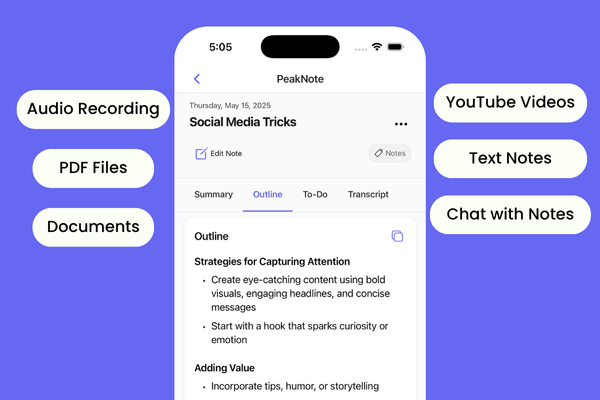The idea of Cloud Computing arose from a paradigm shift after powerful hardware evolved and IT budgets, which used to be the major constraint in the IT industry, started exhibiting an upward trend over the years. Cloud computing is a huge technology term you're probably hearing the most these days. But what does it actually mean? And how can it possibly help you and your business? Learning about cloud computing can seem daunting - but never fear, we're here to help!
This article will introduce you to the basics and help you figure out which type of cloud computing is best for your needs.
What is Cloud Computing?
Cloud computing is a type of IT hosting that provides connectivity to a network or a mass group of computers or you can say it is the process of storing, accessing, and organizing data on powerful servers that are networked- together into large data centers. Because of this system, data is easily accessible regardless or location, via pre-existing technology or devices. The cloud store the information in data centers then provides a way for you to retrieve that information. It offers many benefits over traditional on-site or personal storage devices, which need to be stored and given physical security. Basically, the product is stored in multiple servers which keep their own back up of your data at all times.
Types of Cloud Computing
In the early days of computing, all the data and software were stored on a hard drive in a single computer. This meant that any task required transferring data to and from an external device - a very inefficient use of resources. With cloud computing, access time to both data and software is decreased because they are available on demand via an internet connection. There are three main types of cloud computing: public, private, and hybrid.
Public Cloud
Cloud computing refers to the delivery of storage and processing power to computers and other devices as a service over the internet. You access this processing power through the internet by way of most modern day networks, including Wi-Fi. This is most often referred to as “public cloud” because its providers are typically open to the public without restriction worldwide, unlike an “on-site” network (which requires physical access).
Private Cloud
Private cloud is one in which organizations can tightly control access to their data. With this type, the organization need only grant permissions to users that belong to the company instead of relying on services that grant access generically to all users. A private cloud is run on your company's servers, which allows the information to remain behind your company's firewall. There are still security risks like increased maintenance costs and possible data loss.
Hybrid Cloud
A hybrid cloud is a mix of the public and private cloud. In reality, it is a public cloud that's been cut down to size for an enterprise or company by using some on-premises infrastructure. The key, then, would be to use a third party for this purpose. This type of service saves money because you don't have to purchase licenses and servers - but it can also be more vulnerable because having servers on-site makes them easier to protect from breaches.
Advantages
The benefits of cloud software are vast. First, data is not stuck on any one server so if the system fails, it will still be available. Also, cloud hosting is more cost effective than on-site servers so businesses can save money and still offer access to any type of software or resource that they want to. There are plenty of security precautions that work for this type of operating system; all you have to do is stay aware for new dangers.
First, big data processing needs fast internet connections with no lags in speed is necessary. Second, there needs to be people who can upkeep the hardware service which includes regular maintenance and fast recovery if something goes wrong. Third; providers need high-capacity internet providers One of the main advantages of cloud services is that no one has to worry about hosting and maintenance. When someone signs up for a monthly service, the server and backup and done and managed and maintained by an expert. The company can also expand their service to scale by adding more servers. Cloud computing also offers 24-hour access which is perfect for businesses who need constant uptime on their services
Disadvantages
One major disadvantage of Cloud Computing is the security risks, which are very similar to dangers of using traditional computers with public WIFI. You can also expose your personal data by uploading it to a cloud service without any restriction--unless you follow the precautions discussed above, everything will be outside your control. One of the main disadvantages of cloud computing is that all your data is stored on a server that's not in your own premises. This means you have to trust the owner of the server because if their servers are hacked, then your data can be hacked too. Depending on what you're doing with this data, it may need to stay confidential which could have violated if someone goes in and hacks the server, which happens way too often nowadays.
Conclusion
In this blog, we have discussed cloud computing and the technological pros and cons of it. We hope that you will now understand what cloud computing is and how to make an informed decision. Cloud computing simplifies access to constant data by storing it remotely and streaming it to devices through the internet. The next step in this evolution will be known as edge computing which streams data locally to your device without having to stream it all the way across the internet first.

